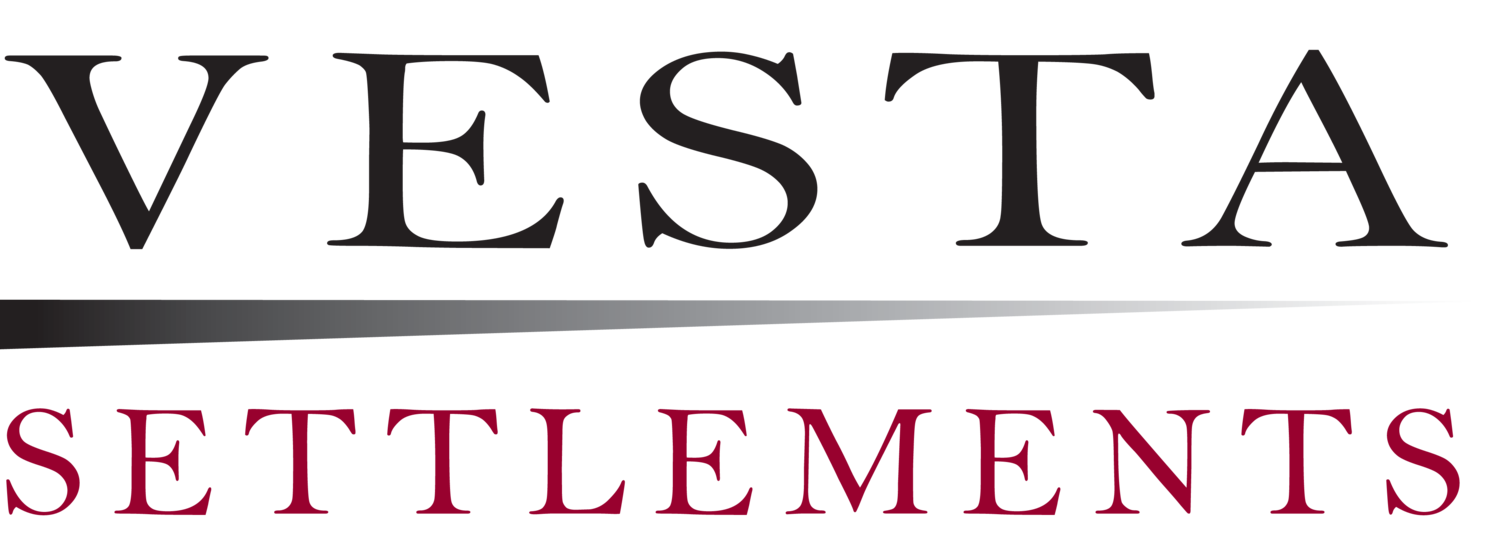This is a common question asked by buyers when reviewing the settlement statement and seeing two places where there is collection of money for homeowner’s insurance.
The homeowner’s insurance numbers are found XXX on the settlement statement and XXX on the seller’s closing disclosure.
There are two places on the settlement statement where homeowner’s insurance is addressed. However the buyer is not double paying for it.
First, there is always a collection of the first year’s homeowner’s insurance premium to the extent not already paid by the buyer. This takes care of the premium from the effective date of the insurance until the first year anniversary when the second year premium becomes due.
Second, there is a collection of a certain number of months of homeowner’s insurance premium to establish the escrow account with the lender to pay for the second year premium and all future premiums after that. On a purchase, it is typically 2-3 months’ worth of homeowner’s insurance. On a refinance, it depends on when the next premium is due.
So while there are two charges to the buyer for homeowner’s insurance, the buyer is not being charged twice. One is for the first year’s premium and the second is to establish the buyer’s escrow for all future premiums.

